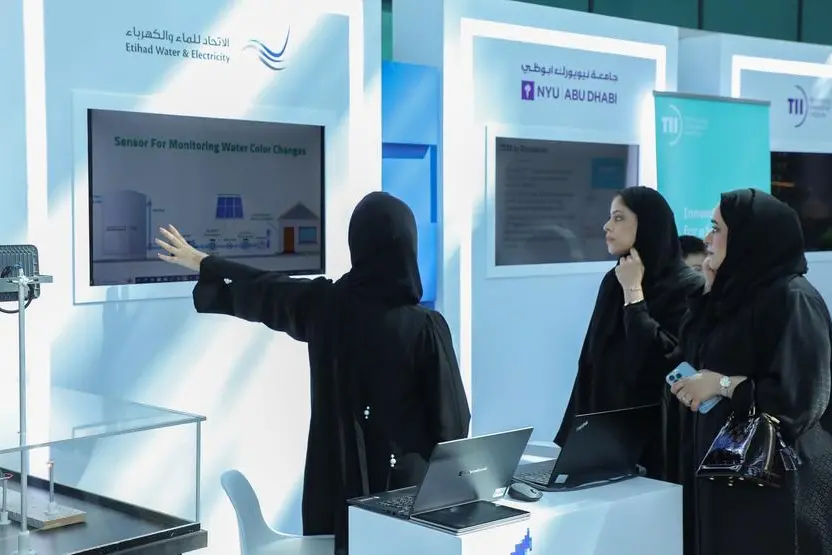PHOTO
UAE - Etihad Water and Electricity (EtihadWE) has signed a collaboration agreement with the Higher Colleges of Technology (HCT), under which it will install and operate a series of electric vehicle chargers across HCT campuses. The partnership supports the UAE’s efforts to achieve environmental sustainability.
This step also aligns with the launch of UAEV, a joint venture between EtihadWE and the Ministry of Energy and Infrastructure, which was recently announced and aims to provide at least 100 fast chargers across the nation by the end of 2024.
The stations to be installed on the campuses will feature advanced charging systems that offer fast and reliable charging options, supported by a high-efficiency digital system.
The agreement was signed by Ahmed Hassan Al Ali, Vice President - Customer Service at Etihad Water and Electricity, and Mohammed Al Nuaimi, Vice President - Shared Services at HCT.
State-of-the-art charging systems
The stations installed at HCT will feature state-of-the-art charging systems, including fast chargers capable of delivering quick top-ups, supported by UAEV’s robust digital backend. This optimises charging efficiency, ensuring that users have access to reliable and fast charging options.
Al Ali stated that this partnership with HCT is part of the company's commitment to playing a key role in supporting the national roadmap towards a green and sustainable transport system. This aligns with the National Electric vehicle Policy, a domain where Etihad Water and Electricity takes pride in being a key partner with the Ministry of Energy and Infrastructure. He explained that this current agreement is among a series of similar agreements the company has signed recently, marking the second of its kind with higher education institutions in the UAE.
Al Nuaimi said that environmental sustainability is a strategic priority for HCT. It aligns with the colleges' own sustainability framework launched this year, coinciding with the Year of Sustainability. He added that this collaboration would support the colleges in achieving one of their key plans within this framework, which involves providing charging stations for electric and hybrid vehicles on campus. This initiative encourages staff and students to use electric and hybrid vehicles, positively impacting the colleges' environmental sustainability goals.
Electric vehicle adoption in the UAE started to take off in 2023, with a sharp increase in penetration, up from 3.7% in 2022 to 11.3% in 2023. There are currently more than 40,000 EVs in the UAE. The transition to electric vehicles is expected to have tangible positive impacts on multiple sectors including transportation, energy, and the environment, in addition to enhancing the economic capabilities and potential of the country.
Copyright 2024 Al Hilal Publishing and Marketing Group Provided by SyndiGate Media Inc. (Syndigate.info).





















